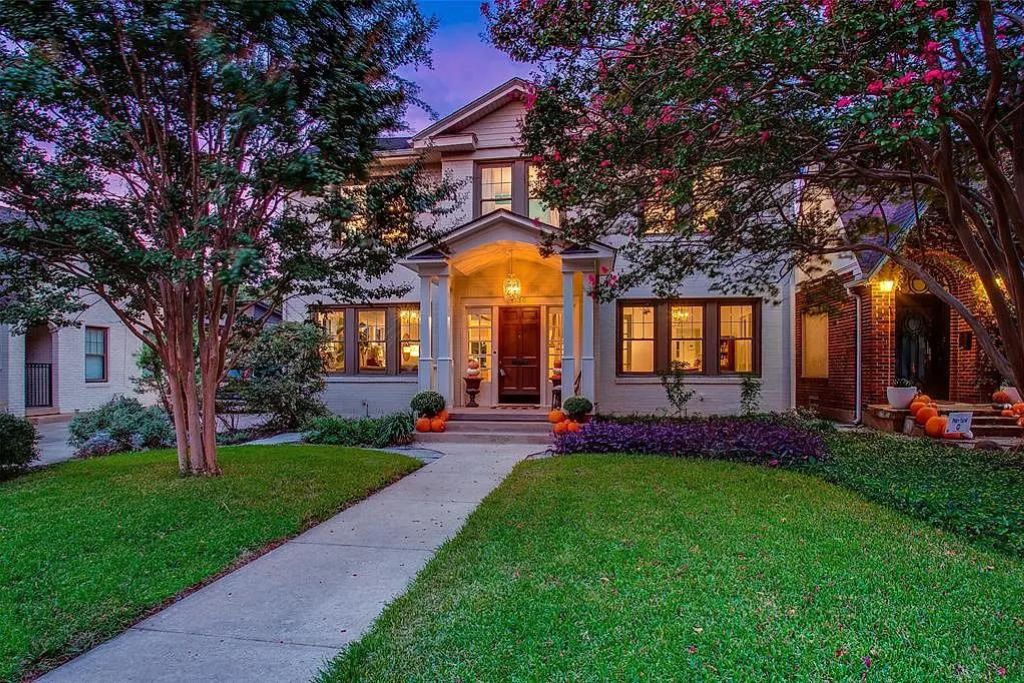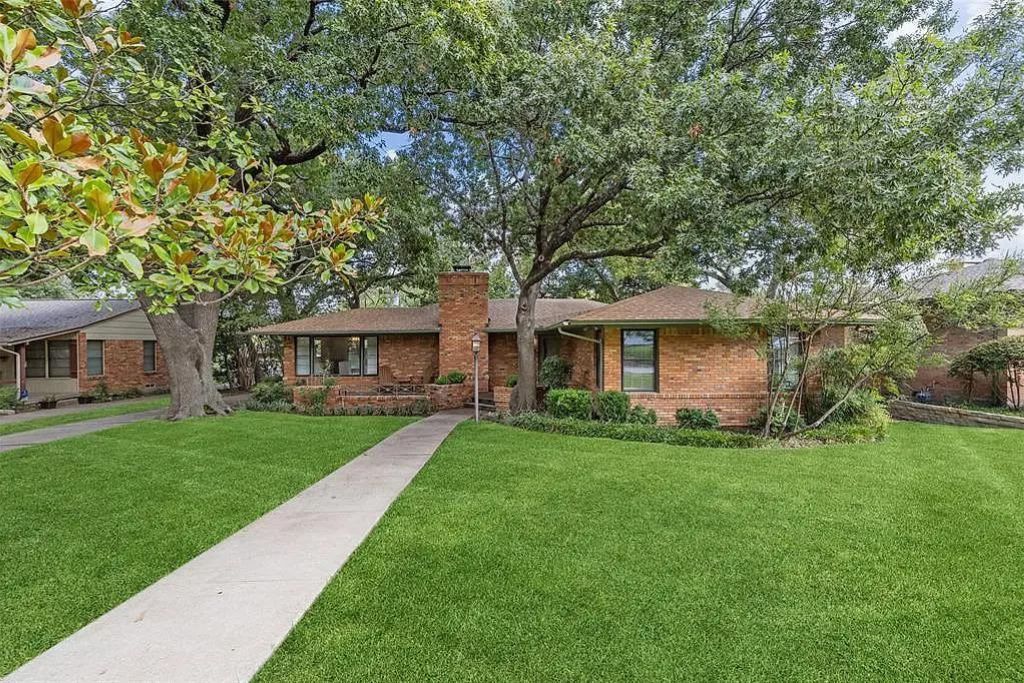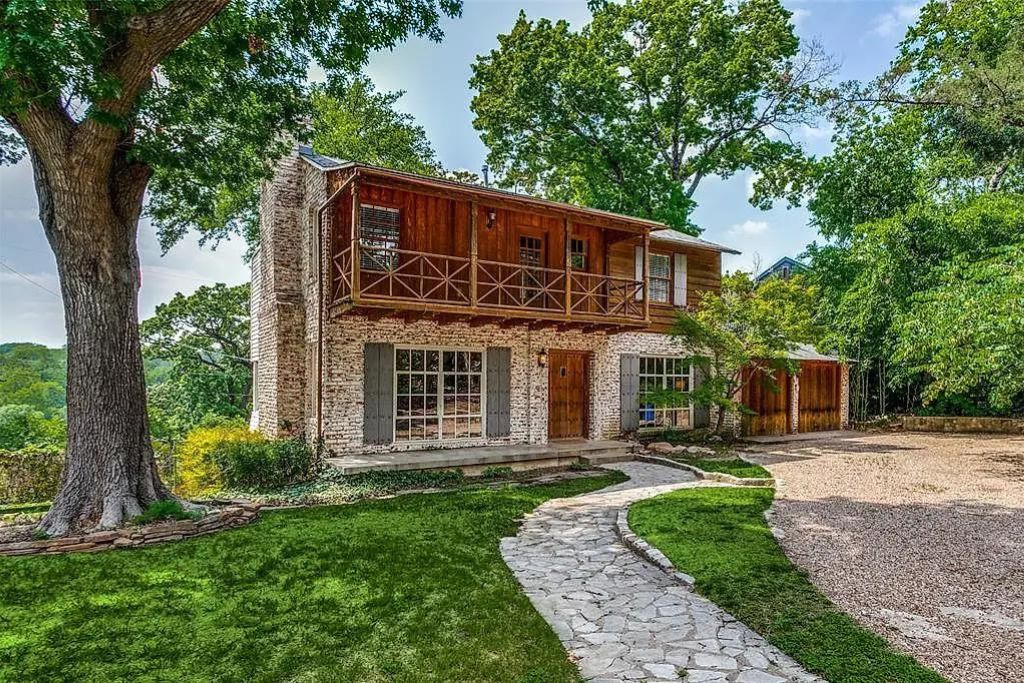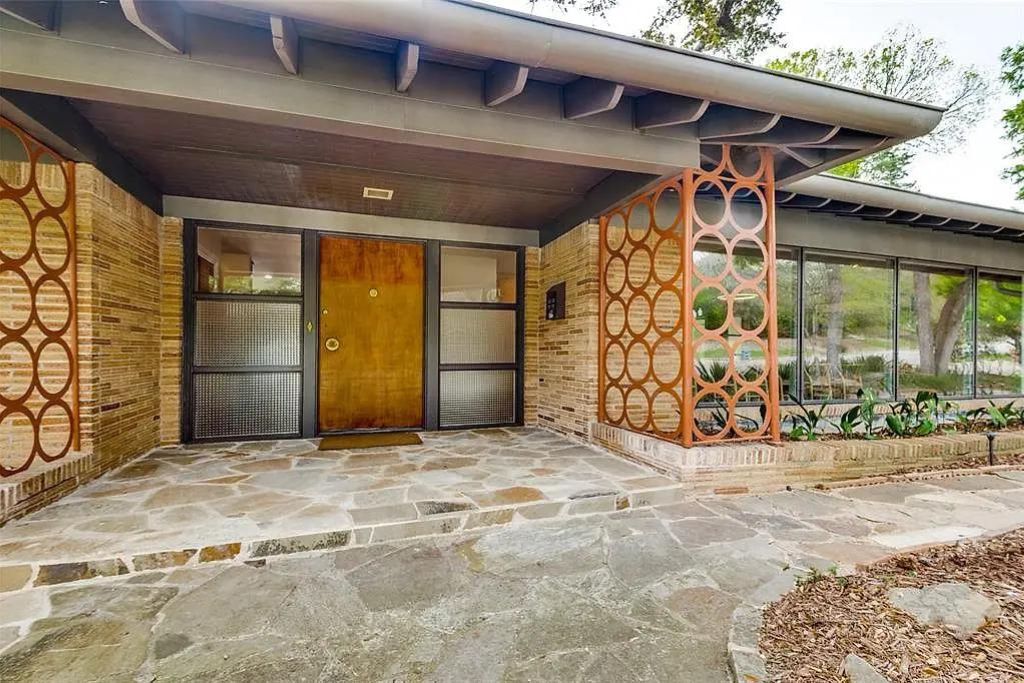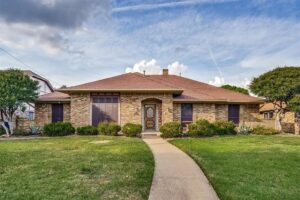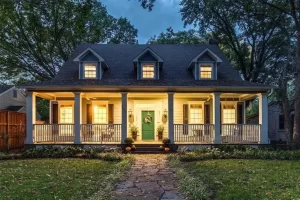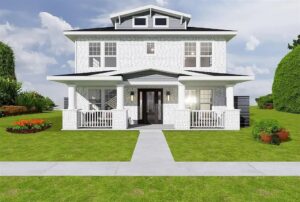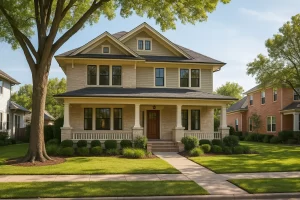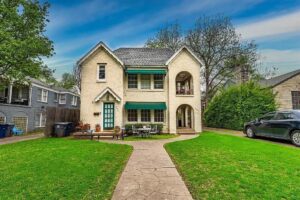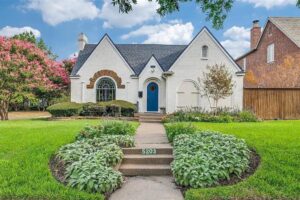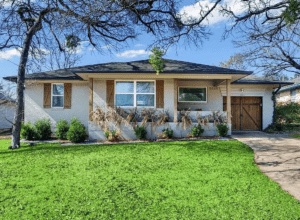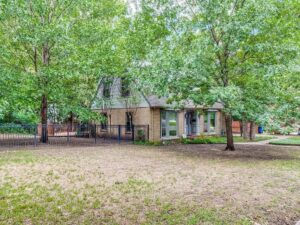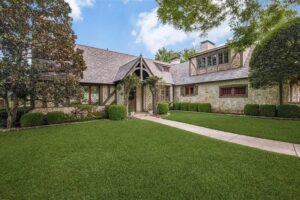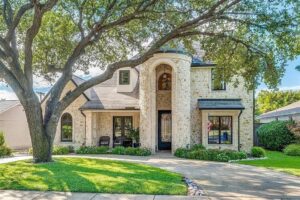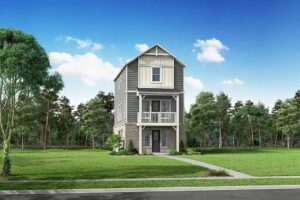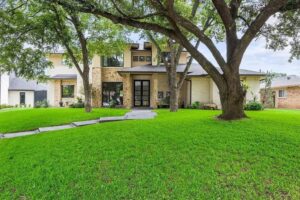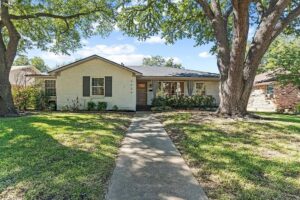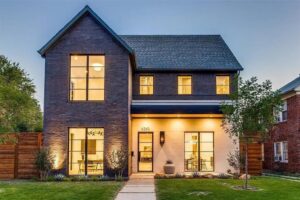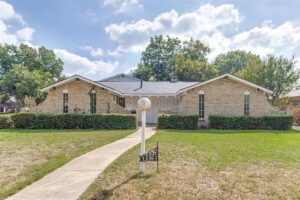Introduction to Dallas Home Buying Costs
The cost of living in Dallas significantly shapes home buying decisions for residents and potential buyers. Understanding Dallas Home Buying Costs is essential before investing in real estate. Various factors contribute to the overall cost of living in Dallas. These include housing, utilities, transportation, and other daily costs. Exploring diverse neighborhoods offering different cost of living experiences provides valuable insights for homebuyers.
Dallas’s cost of living is 3% higher than the national average. The average utility bill for a 915-square-foot apartment is $160.71. This showcases a relatively affordable aspect of living in Dallas compared to other urban areas. These factors must be weighed alongside real estate prices to make informed home purchase decisions.
Housing and utility costs are crucial, but transportation expenses also impact the overall cost of living. Monthly DART passes and gas prices must be considered. Understanding these cost factors helps manage expenses and make sustainable home buying decisions. By considering all these elements, potential homebuyers can create realistic budgets. This aligns their financial plans with their lifestyle and preferences.
Average Dallas Home Buying Costs Breakdown
Evaluating the cost of living in Dallas reveals a compelling financial landscape for residents. The average home price is $405,000, and monthly rent is $1,568. These affordable housing options are notably lower than in many other metropolitan areas. This affordability opens opportunities for individuals and households to settle down without exorbitant real estate costs. Favorable housing prices significantly contribute to the city’s overall appeal. They play a crucial role in shaping home buying decisions for those seeking cost-effective solutions.
The cost of utilities in Dallas further enhances its attractiveness as a residential destination. The average utility bill for a 915-square-foot apartment is $160.71. Dallas residents benefit from lower expenses compared to the national average. This allows for more manageable monthly budgets. This aspect is advantageous for maintaining a reasonable standard of living without overspending on essential services. By providing affordable housing and utility rates, Dallas offers a financially sustainable environment. This supports residents in achieving a balanced lifestyle and fosters long-term stability and economic growth within the community.
Factors Influencing Dallas Home Buying Costs
Transportation costs and taxes shape the cost of living in Dallas. Housing prices and utility bills also play crucial roles. The average utility bill for a 915-square-foot apartment in Dallas is $160.71. This is lower than the national average, positively impacting overall living expenses for residents. Dallas offers affordable housing options compared to other cities. The median home price is $405,000, and average rent is $1,568 per month. These housing prices influence the overall cost of living, affecting homebuyers’ decisions. They must balance real estate costs with daily expenses.
Food costs in Dallas are reasonable, with a recommended minimum of $9.34 per day per person. This affordability in daily food expenses is significant for budgeting and managing overall living costs. By considering factors like housing prices, utility bills, transportation costs, taxes, and daily expenses, individuals can make informed financial decisions. This helps in managing finances and potentially purchasing a home in Dallas. It ensures a balanced approach to their cost of living.
Impact of Dallas Home Buying Costs on Decisions
When considering Dallas’s cost of living, it is essential to examine recent real estate trends. The median home price in Dallas has surged to $385,000. This significant increase in housing costs affects affordability for potential buyers. Escalating home prices in Dallas highlight the competitive nature of the real estate market. Buyers must make well-informed decisions amidst changing property values.
The job market dynamics in Dallas also impact home buying decisions. A robust job market fosters employment stability. Many homebuyers consider job availability and economic prosperity before committing to real estate investments. The correlation between job opportunities and home buying decisions highlights the interconnectedness of economic factors and residential choices.
The median sales price of single-unit homes in Dallas is $425,836. This showcases the range of property types available to buyers. Diverse housing options allow individuals to align their home buying decisions with specific needs and lifestyle requirements. This variety helps buyers navigate the Dallas real estate market with flexibility and choice.
Tips for Budgeting and Managing Expenses in Dallas
When budgeting in Dallas, residents must consider various cost factors. The average annual healthcare expenditure for Dallas residents is $5,204. This highlights the importance of accounting for medical costs in budgets. Additionally, daily essentials like groceries average around $275 per person per month. Utilities cost approximately $219.02 monthly. These are crucial components when calculating the overall cost of living in Dallas.
The transportation landscape in Dallas also influences residents’ budgets. Owning a car, using public transit options like DART, or relying on ride-sharing services all come with costs. Individuals need to factor these into their monthly expenditures. By assessing these expenses comprehensively and planning accordingly, Dallas residents can navigate the city’s cost of living better. This enables them to make informed financial decisions.
Dustin Pitts: Realtor in Dallas
Dustin Pitts is a well-known realtor in Dallas. He has built a solid reputation for guiding clients through the local real estate market. With years of experience, Pitts understands the dynamic nature of Dallas’s real estate landscape. He offers valuable insights to individuals looking to invest in properties. Pitts assists clients in identifying diverse housing options in neighborhoods like Lakewood, Highland Park, and Uptown. This showcases his knowledge of the area’s varying real estate opportunities.
Dustin Pitts also offers advice on the competitive rental market in Dallas. He provides clients with valuable information on rental property demand and investment strategies. By understanding the nuances of the Dallas real estate market, Pitts equips homebuyers and investors with the tools to make informed decisions. This applies whether purchasing a primary residence or exploring real estate investments. His role in real estate highlights the importance of working with professionals. They must have a deep understanding of local market trends and offer tailored guidance based on individual preferences and financial goals.
Conclusion: Dallas Cost of Living and Home Buying Insights
The impact of Dallas’s cost of living on home buying decisions goes beyond property prices. Reasonable food costs in Dallas average $9.34 per day per person. This allows residents to manage daily expenses more effectively compared to other cities. Additionally, Dallas has no state or local income taxes. This is a significant financial advantage for those settling in the city, contributing to long-term savings and overall affordability. By considering these specific cost of living factors, potential homebuyers can understand how living in Dallas impacts their financial commitments.
Dallas’s diverse neighborhoods offer varying cost of living experiences, catering to different preferences and budgets. For example, Highland Park may be more expensive due to its location. In contrast, neighborhoods like Deep Ellum and Plano offer different appeals and affordability levels. Understanding these variations allows individuals to tailor their home buying decisions to their financial capabilities and lifestyle preferences. This ensures a more sustainable and fulfilling living experience in Dallas. By exploring the cost of living nuances in different neighborhoods, potential residents can make well-informed choices. These choices will suit their budget and enhance their overall quality of life in Dallas.
